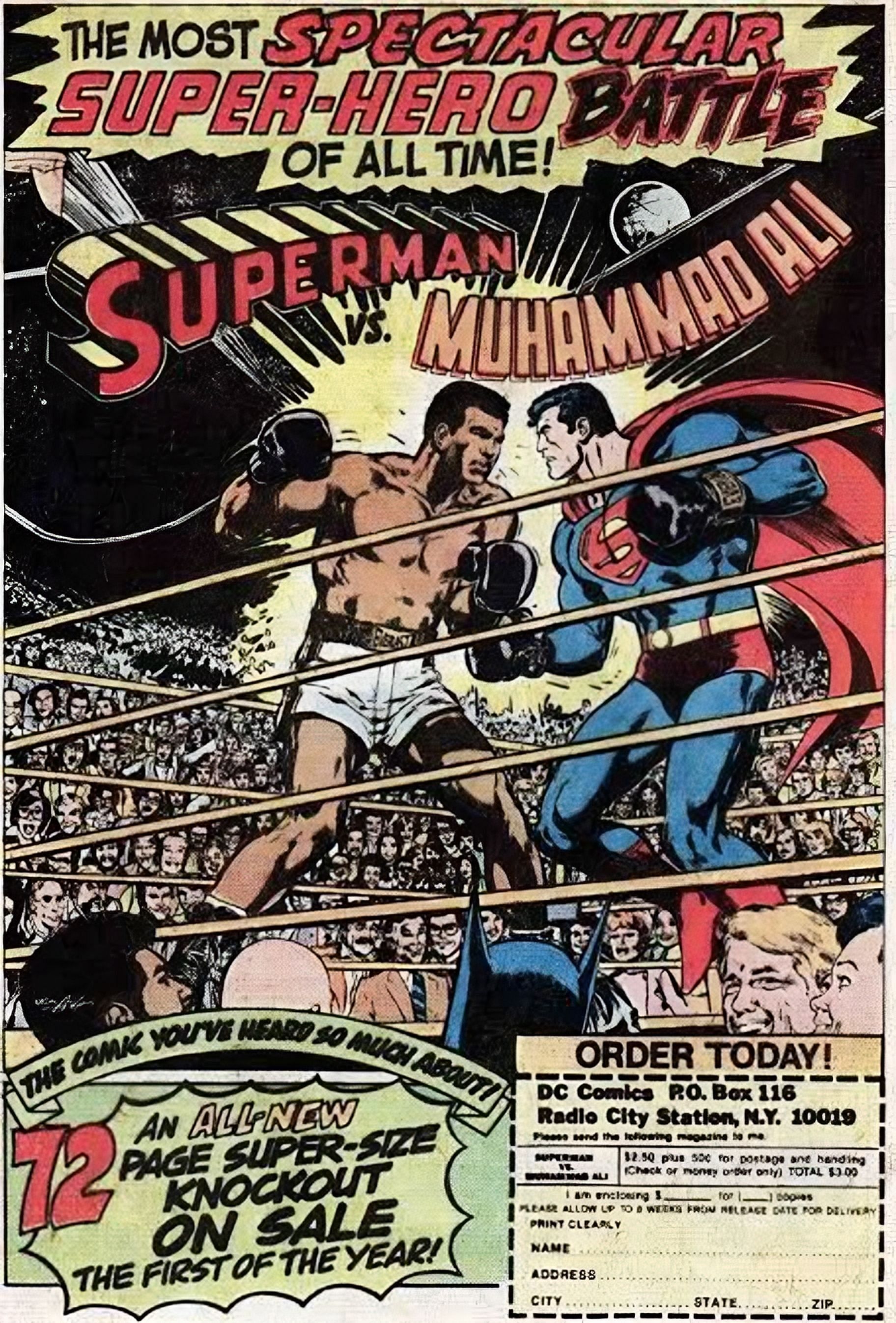

The outer wall had a patrol track, the middle wall provided a firing platform to shoot down on opposing forces attacking the first wall and the inner wall was five meters thick and 12 metres high making it the biggest of the three walls (Cartwright and Cartwright, 2017).Īll this made the city of Constantinople impregnable and withstood landside sieges for eight hundred years. This means that there were three walls stacked in front of each other. These walls were a triple row of fortifications. (Cartwright and Cartwright, 2017).Ĭonstantinople was also fortified by the Theodosian Walls. The Byzantines had a secret weapon known as ‘Greek Fire’, a highly flammable liquid that was used in naval engagements where it would instantaneously set ships ablaze and it could not be put out by water. The Byzantine capital was positioned by the sea making it tremendously difficult to attack and its naval fleet didn’t make things any easier for the opposing forces. Even Muslims of the past tried and failed to do so.

‘Greek Fire’ – Ancient Byzantium weapon used to destroy their enemiesĬonquering Constantinople no easy task for Muhammad, as Constantinople had withstood many sieges and attacks over the centuries because of its formidable defences. He mastered seven languages Turkish, Arabic, Latin, Greek, Serbian, Hebrew and Persian. Muhammad al-Fatih was a devout Muslim and learned under many teachers about the Islamic faith which moulded his mindset. Muhammad al-Fatih’s father wanted to make sure that his son learned from of the best scholars at the time. Muhammad al-Fatih showed signs of leadership right from a young age, gaining leadership skills and experience from governing cities like Amasya. Known to the west as Mehmed II, he was born on 30th March 1432 in the northwestern province of Edrine, Muhammad al-Fatih was the son of Sultan Murad II (1404-51) and was an Ottoman Sultan who ruled from 1451 to 1481. He made it the capital of the Ottoman state, thereby managing to achieve what his predecessors failed to do. Sultan al-Faatih worked hard to crown all his conquests with the liberation of Constantinople, the capital of the Byzantine Empire and the main base for the crusade invasions against the Islamic world. Many factors had helped the Sultan achieve his goals, such as the weakness of the Byzantine Empire because of the conflicts with other European countries and also because of some internal disputes which had spread throughout the country. Regarding the management of the provinces, he improved them by reinstating the position of some past governors, while replacing those who had shown any signs of carelessness.Īfter spending a period in making reforms at home, he turned to the Christian fronts in Europe in order to liberate more regions and spread the Message of Islam. He also made an effort to improve the army, by keeping personal records of his soldiers, increasing their salaries and arming them with the latest weapons available at the time. He followed the same course adopted by his father and grandfathers, in reorganising the different administrations of the state, putting more emphasis on balancing the financial resources of the whole country and their management, in a manner that avoided all aspects of opulence and over- spending. Al this knowledge helped him to develop his character for his administration of both the state and the battlefield, before he was to be known as Muhammad al-Faatih (the liberator), for his liberation of Constantinople. He also learnt the languages of his time, as well as having an inclination to study history. His personality combined strength with justice, and he had an extensive knowledge of many fields of science, which he had learnt in the Prince Institute. at the age of 22, after the death of his father on 16 Muharram, 855 A.H / 18th February, 1451 CE. He ruled for thirty years, in which was to be a period of glory for the Muslims.

Sultan Muhammad II (the Second) was the seventh Sultan from the ‘Uthman family, and was nicknamed “al-Faatih” (the liberator) or Abu al-Khayrat (father of good). Sultan Muhammad al-Faatih biography and history


 0 kommentar(er)
0 kommentar(er)
